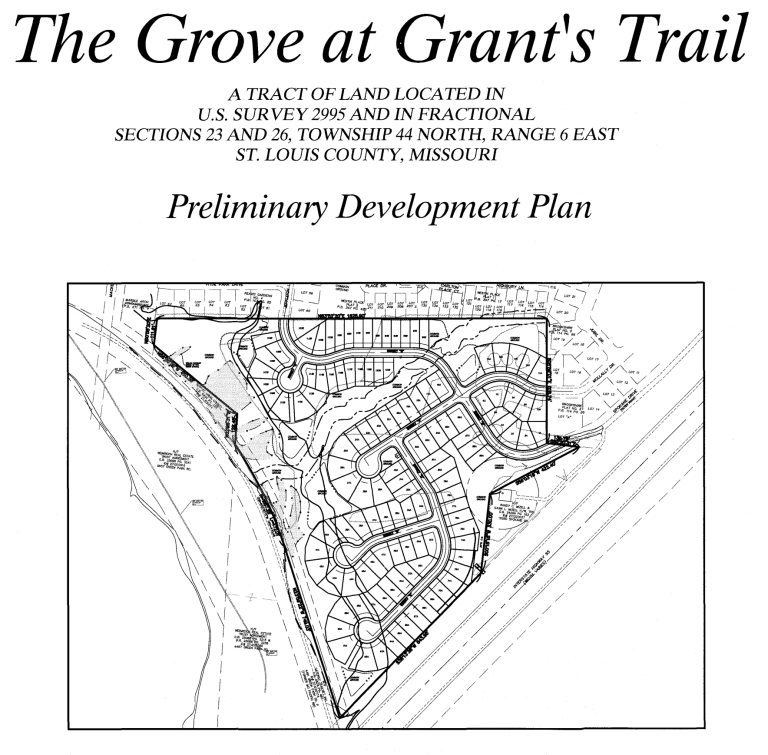Originally Published on: 2009-06-10
By Evan Young
Staff Reporter
news3@callnewspapers.com
Contractors who submit proposals for an area road project likely will receive a higher-than-normal payment if their plans are rejected.
The County Council gave final approval last week to a measure that increases the stipend paid to qualified proposers who unsuccessfully submit ideas for the Page-Olive Connector project.
However, that stipend will be less than originally proposed.
The Page-Olive Connector will link the Maryland Heights Expressway with Missouri Highway 141 between Page Avenue and Olive Boulevard.
The project, set for completion by spring 2012, is labeled “design-build,” which means the successful proposer will both design and construct the new roadway under one contract with the county.
It is the county’s first design-build endeavor. Because of the project’s complexity, public works officials wanted passage of an exception to the design-build stipend guidelines outlined in the current ordinance. The county can provide a total stipend of up to 1 percent of the total project cost, according to those provisions. That amount would be divided equally among qualified submitters.
For the $60 million Page-Olive effort, each design-builder whose proposal isn’t accepted can receive up to $200,000.
However, the bill caps the total amount paid toward stipends to 1.4 percent of the total project cost, or $840,000.
Officials initially hoped to amend the sti-pend guidelines for all county design-build projects to stimulate competition, reflect nationwide rates and offset the high costs contractors incur when preparing proposals for complex projects.
The first version of the bill presented to the council set the total stipend rate for any design-build undertaking at 2 percent of the total project cost.
However, some council members, including 6th District Councilman Steve Stenger, D-south county, believed such an increase was inappropriate. Stenger said if officials wanted to bump up the incentive, it should be done only on a project-by-project basis.
“Design-build and stipends can be appropriate when used appropriately, with the appropriate oversight,” Stenger said. “The basic idea that a loser should get a stipend goes against my grain as a conservative person, but at the same time I do see the benefit because it does encourage competition among proposers to come up with the best proposal, and to spend some money to come up with the best proposal.”
The County Council ultimately rejected the first bill.
Besides Stenger, members opposed included 3rd District Councilwoman Colleen Wasinger, R-Town and Country; 5th District Council Vice Chair Barbara Fraser, D-University City; and 7th District Councilman Greg Quinn, R-Ballwin.
The legislation later was amended to cap the stipend rate at 1.4 percent and include only the Page-Olive project. The measure was approved with a 6-0 vote.
Fourth District Councilman Mike O’Mara, D-north county, was absent from the June 2 meeting.
All design-build project stipends require the County Council’s approval, according to the current ordinance. In addition, before receiving payment, proposers must give the county the “non-exclusive right to use the design submitted … and the proposer shall have no further liability for its use by the County in any manner.” Refusing to do so forfeits the stipend.
The Page-Olive bill also reduces the minimum number of submitted proposals needed to continue the Page-Olive contracting process from three to two. This was added so the effort could move forward even if only two proposals are submitted, said Sheryl Hodges, director of highways and traffic and public works.
Hodges cited I-64/Highway 40 construction as an example of a project that proceeded even though the Missouri Department of Transportation received just two proposals.
“Obviously we want more competition; that’s our goal,” Hodges said. “We just don’t want to have to stop the process if we receive two (proposals) rather than the three.”




























